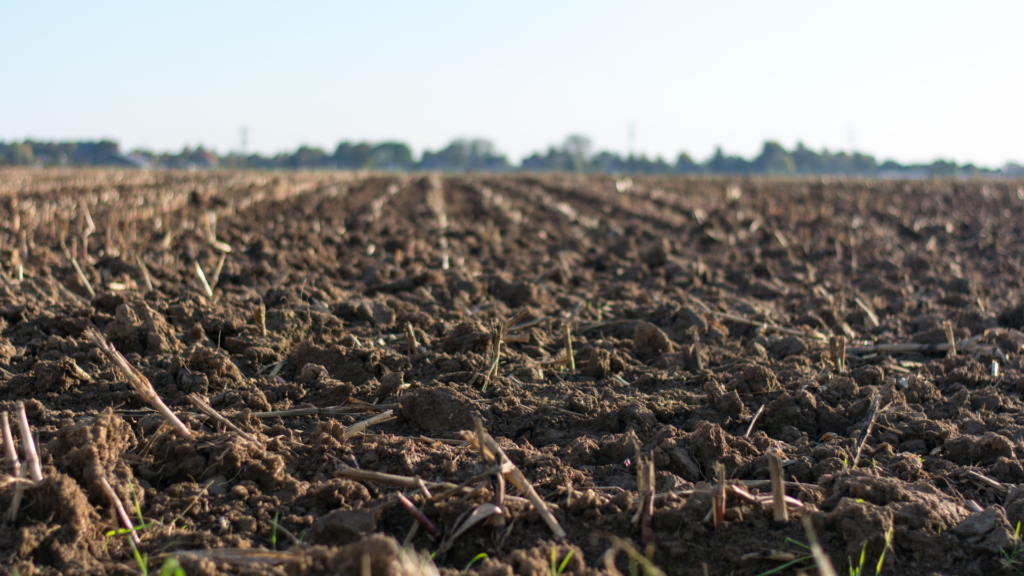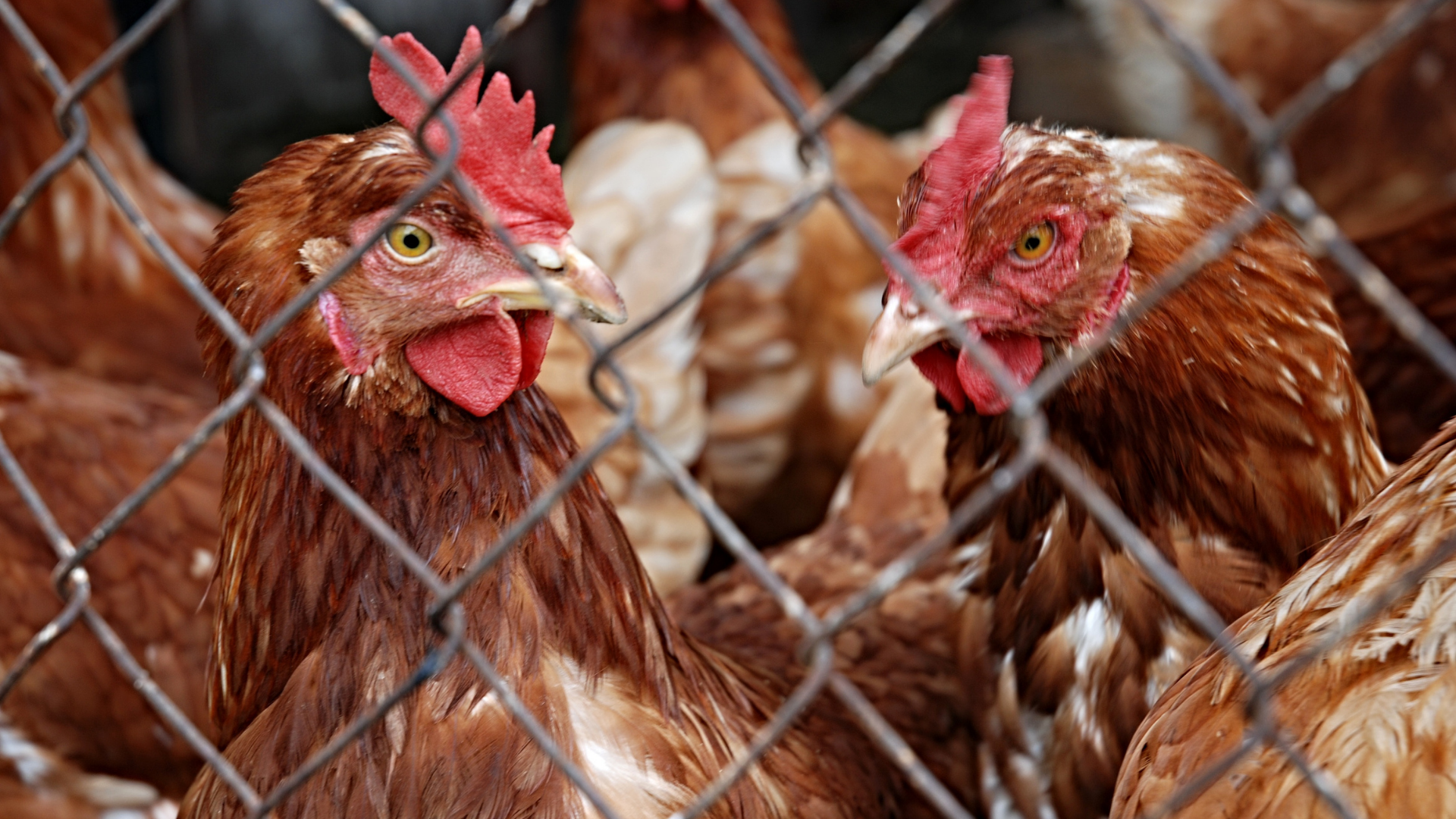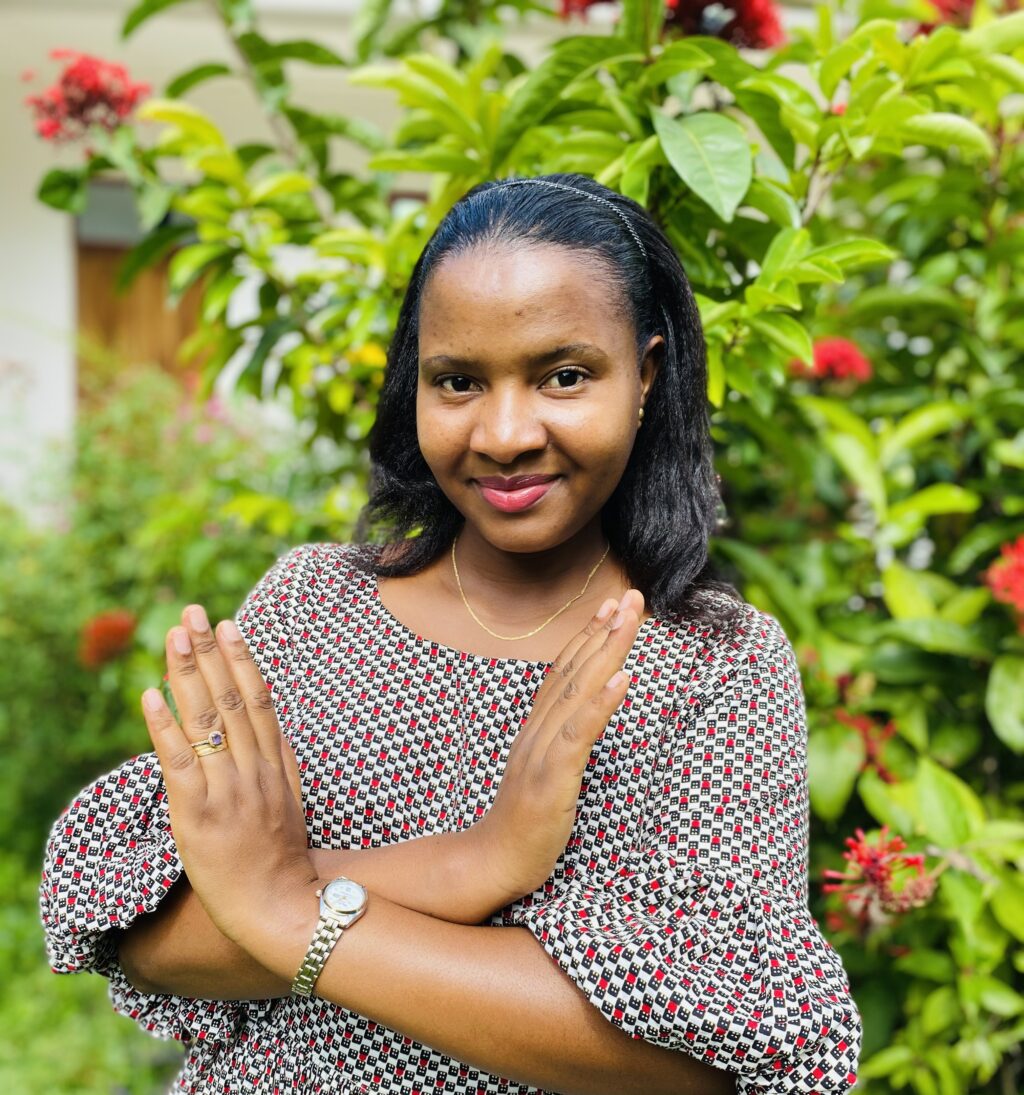Interventions to control the dynamics of antimicrobial resistance from chickens through the environment (ENVIRE)
Context
Poultry meat has seen an explosive increase in recent decades as a means to provide affordable protein. Due to the increased demand for poultry, this has led to the development of industrial-sized poultry farms globally. In these farms, antimicrobials are used prophylactically, peri-prophylactically, as growth promoters and therapeutically. This leads to unnecessary overuse of antimicrobials in the poultry themselves and results in environmental contamination from these antimicrobials (and therefore antibiotic residues), mostly in the effluents of these farms. The overall ENVIRE consortium will aim to address the reduction of AMR in chickens and in the environment of chicken farms in Europe and Tunisia.
“ICARS is keen to support innovative interventions for the reduction of antimicrobial use in poultry and antibiotic residue contamination in the environment. This project will tackle this precisely.”
Annick Lenglet, Science Team Lead, ICARS
Problem
The development of AMR in poultry populations, the environment and ultimately in humans is encouraged through:
- High level of unnecessary antimicrobial use in farmed poultry for both prophylactic, peri-prophylactic, growth promotion and therapeutic use
- High level of contamination in industrial and farm effluents with antibiotic residue
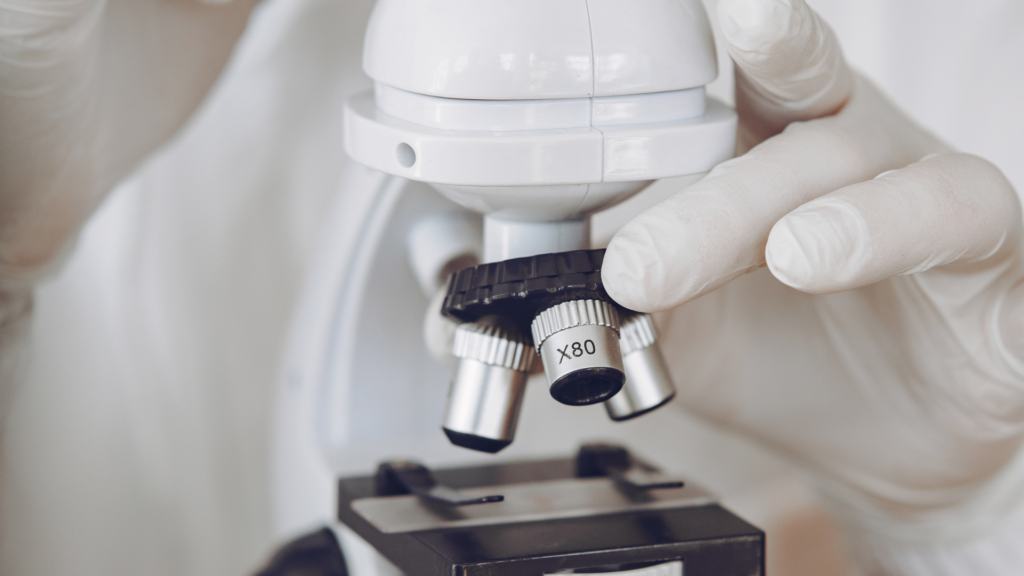
Project overview
The project will investigate possible interventions to reduce selection and spread of AMR from chicken production and the environment and ultimately to humans via foodborne, occupation and environmental routes.
The project aims to reduce antimicrobial use in poultry through the introduction of plant based therapy (phytotherapy) with thyme and/or lavender. This part of the project will both undertake a lab-based and farm-based approach and explore whether phytotherapy leads to changes and/or reductions in the resistance profiles of bacteria colonising poultry populations.
The second part of the project will explore the use of an adsorbent bio-derived polymer as a novel technology to reduce the contamination of antibiotic residues in effluents. This part of the project will take place exclusively in the laboratory. However, the adsorbent will be tested first using artificially contaminated water and thereafter with water taken from two industrial poultry farms.
“Fighting antibiotic resistance comes in small steps that should be strategic, orderly and well thought out. Well within the one health concept, our interventions start on the consumer’s table and ends in the environment. We are confident that with the solution we offer we can have an impact in the fight against antimicrobial resistance.”
Wejdene Mansour, Associate Professor, Faculty of Medicine Ibn Al Jazzar
Outcomes
- Improved therapeutic model for chickens with colibacillosis using medicinal plants as integrated in the poultry feed
- Proven model of treatment of farm effluents
- Dissemination of the above solutions to engage with stakeholders (including farmers) and policy makers associated with dysbiosis, which include enhanced susceptibility to pathogen infection
Results
Poster on ENVIRE Project (Interventions to control the dynamics of antimicrobial resistance from chickens through the environment) at 9th Symposium on Antimicrobial Resistance in Animals and the Environment – 3-5 July 2023, Tours, France. The study investigates the presence of multidrug-resistant bacteria in the KAMECH catchment area’s deep water ecosystem. It found 52 bacteria in 100 samples, with notable presence of β-lactam-resistant strains and genes like blaNDM and blaCTX-M15. The dissemination of these bacteria poses significant risks to human, animal, and environmental health. Read it here.
Facts
Region: Africa
Sector: One Health
Country: Tunisia
Type: Supporting activity
Country partners: Faculty of Medicine Ibn Al Jazzar, Tunisia
Funding partners: Funding through JPIAMR: Freie Universität Berlin -Germany (PI), French Agency for Food, Environmental and Occupational Health & Safety (ANSES) -France, Veterinary Academy of Lithuanian University of Health Sciences (LSMU) - Lithuania, Wrocław University of Environmental and Life Sciences - Poland, Leibniz Institute for Agricultural Engineering and Bioeconomy - Germany.
Timescale: May 2022 – April 2025
ICARS funding: 270,320 EURO
ICARS Science Team

Resources
Share
Share this project on socials
Featured projects
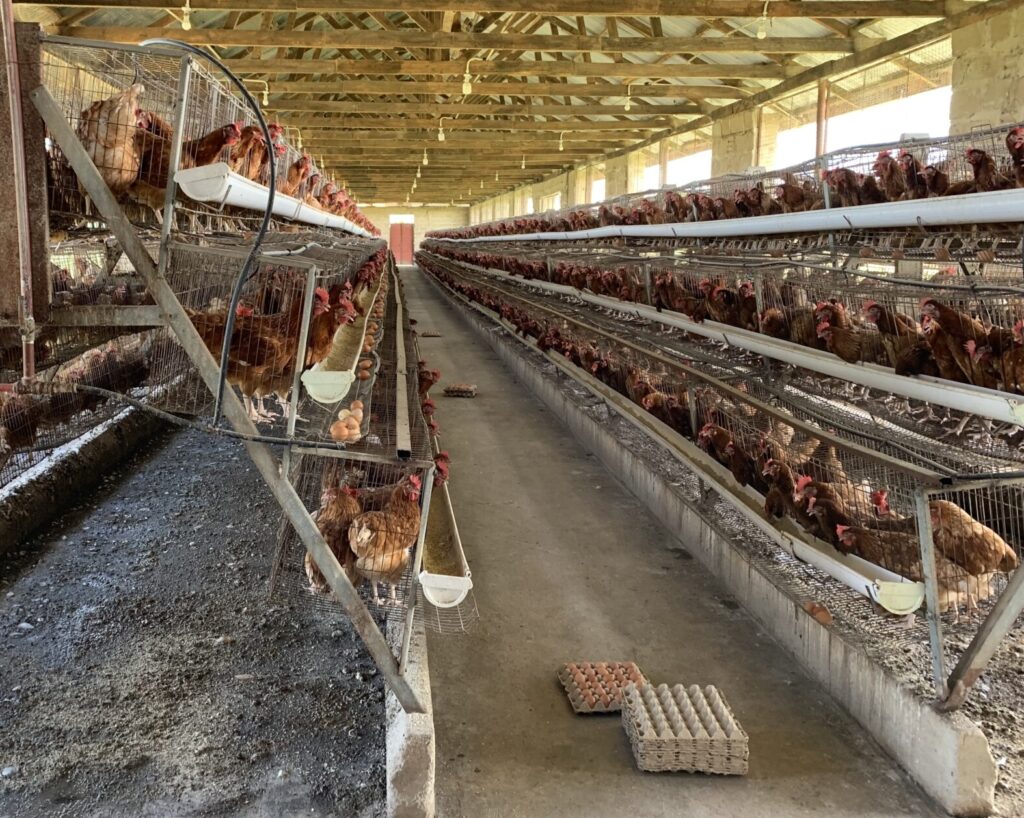
Combating antimicrobial resistance and antimicrobial residues in the Zambian poultry sector
